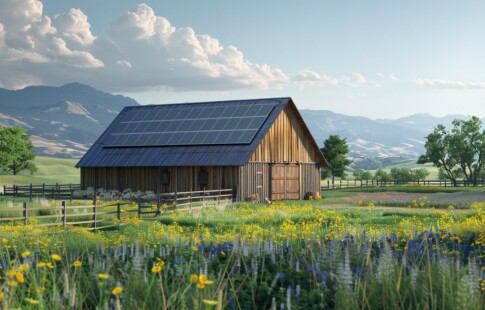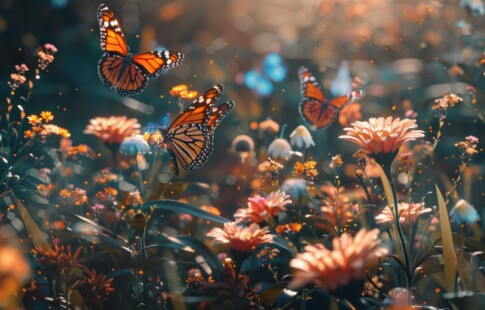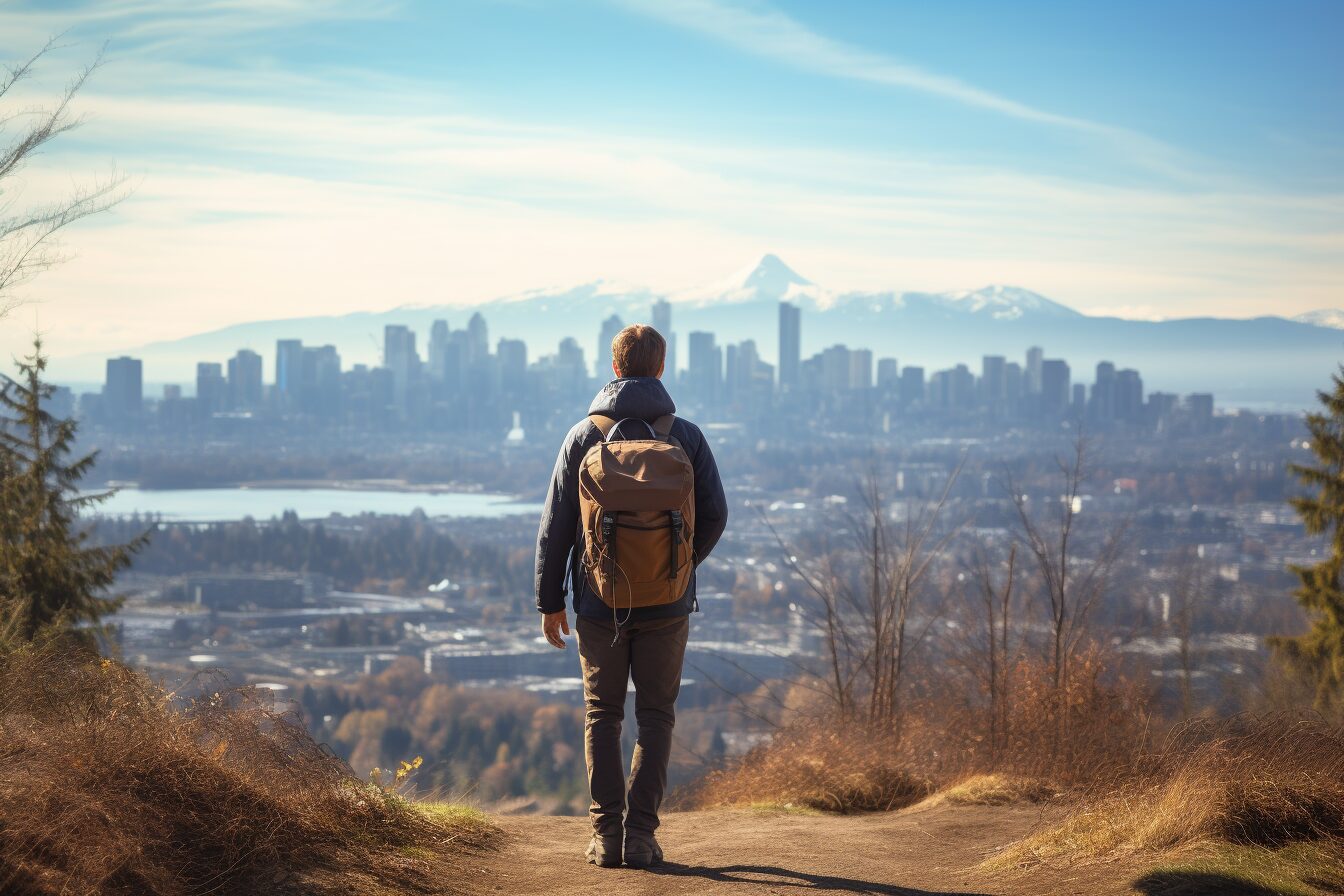
How to Begin Understanding Nature as an Urbanite
We are reader-supported. When you buy through links on our site, we may earn affiliate commission.
Climate change is ascending to new, terrifying heights as more of the world becomes disconnected from nature. Understanding nature is more crucial now than ever, primarily because it is easier to forget it exists. It sounds dramatic, but when you sit behind a screen for so long, you can question the last time you touched something green outside or felt the sun on your skin.
If you’re a city-dweller, you can still get attuned to nature by understanding the climate and noticing what’s around you.
Rapid Urbanization and the Natural Disconnect
People lust over city skylines at the promise of financial and career opportunities. You’ll experience stellar nightlife and have countless friends to eat brunch with at numerous restaurants. The lights are hypnotic, and the hustle and bustle is contagious. It’s no wonder, as of 2022, 57% of the world’s population lives in urban areas.
The demands of modern jobs require urban amenities like high-speed internet and technological access. Because there is a correlation between economic development and urban expansion, it makes people associate success with urban living.
Alongside urban living, you have overworked professionals, a lack of greenery, and growing mental health concerns like depression and anxiety. Among other things, city-dwellers rarely experience the world’s natural beauty. There are seldom trees, much less bodies of water.
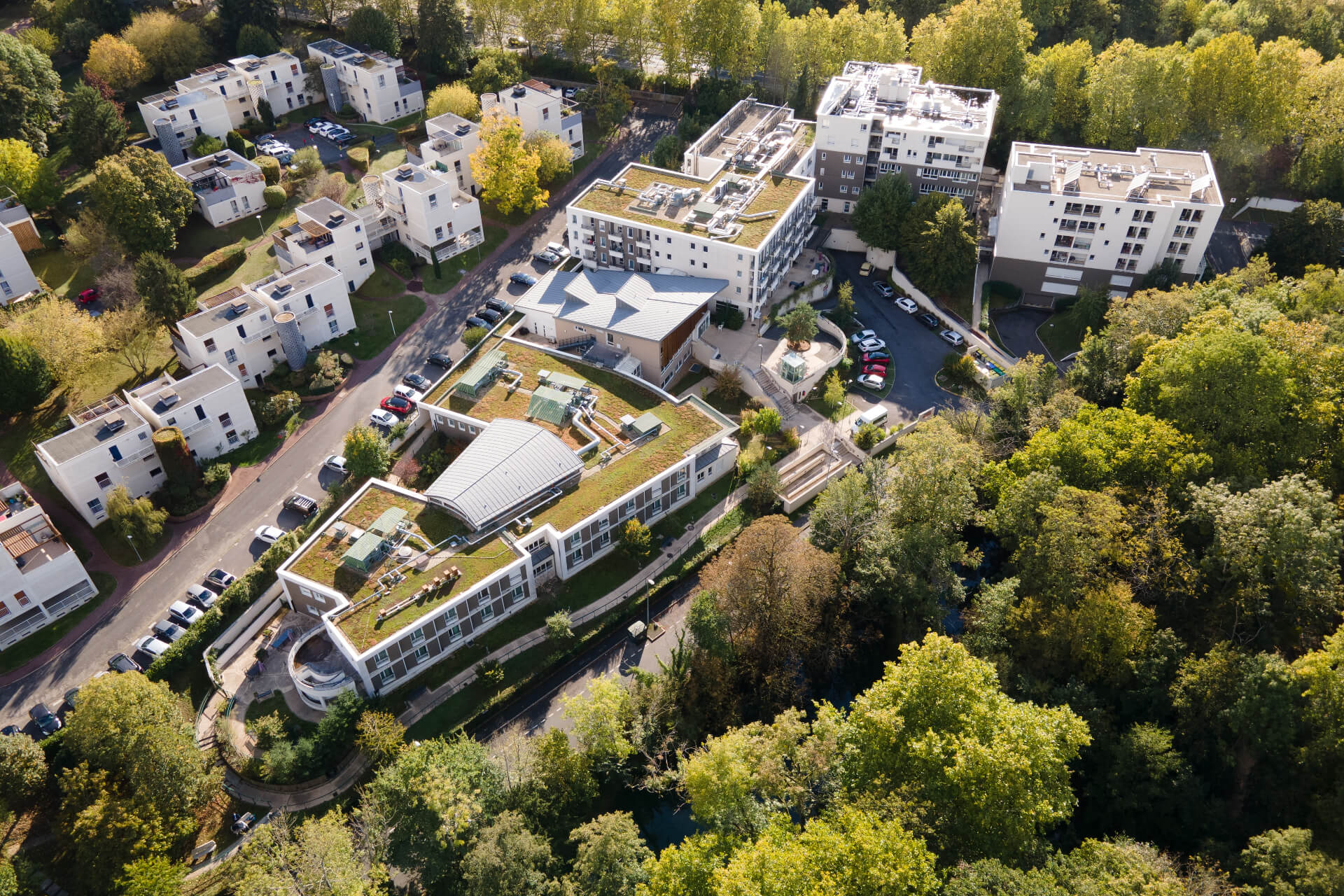
Numerous influences separate people physically and mentally from nature if they live in a city.
For example, many tech startups need to be in the big city to appeal to investors, hiring a lot of young, progressive-thinking dreamers out of pastoral idylls. Alternatively, high-earning, conservative demographics see more value in infrastructure and potentially do not see the value in nature for nature’s sake.
This is only scraping the surface of how urbanization has forced natural disconnects worldwide for political, ideological, creative, and social reasons. Yet, raising awareness of the climate crisis and mental health has brought some rural tendencies back to the concrete jungles.
Noticing Nature Hidden in Your City (or a Lack Thereof)
You start to feel an imbalance. Your vitamin D is low, or your city apartment always feels dark. The smell of saltwater or flowers could incite nostalgia for a long-forgotten time. These are signs it’s time to start noticing nature in your city. Here’s how.
First, you have to understand how you define nature. Urbanites might see nature differently than people who live on a farm. Most of the time, it is a domesticated form of nature instead of truly wild flora left to its own devices.
Urban agriculture efforts like community gardens might be all that comes to mind, but what about looking up to see the swirling clouds and birds flying against them? Looking down, do you see blades of grass peeking through the concrete and ants trying to make a home in a corner unbeknownst to frantic pedestrians?
Urbanites seeking more nature in their lives need to expand their definition. The smell of the bushes, the crisp wind on your skin, and seeing how the rain brings out new insects are all examples of understanding nature more intimately despite an urban setting.
Additionally, noticing a lack of nature is essential because it encourages action. Are there no green spaces within five blocks? Contact city officials to see what can be done. Do you notice litter at the only park in the city? Help promote taking better care of it. Could your office building benefit from solar power? This is a way to bring nature into infrastructure in a mutually beneficial way. Find pockets to insert nature where it makes sense.
Understanding Nature in 4 Different Ways
Now that you’ve practiced your mind to notice nature more when you’re out, it’s time to take action on your observations. At this point, you should realize how nature makes you feel. It impacts your mood, and it fosters creative thinking. What other activities or goals could you set to be more involved in natural activities in your city?
1. Start or Volunteer at a Community Garden
Community-building is one of the best ways to participate in sustainable urban development. Bringing people together to grow food is an inspiring way to learn a new school, learn how to care for plants, and nourish yourself with whole foods.
2. Discover Parks and Forests
Many people do not play the tourist in their own city. There may be green areas near a reasonable distance you’ve never visited. Now is the time. Plan a day to walk around and explore without other obligations or technology. The point is to soak in what’s around you with all of your senses. Attaching yourself to nature this way is a perfect way to learn how to understand it.
3. Read Up on Native Flora and Fauna
There are unsuspecting plants and critters all over the place, even if many have been covered by bricks or pavement. It’s great to know what should and shouldn’t be there. For example, the spotted lanternfly has appeared in countless cities worldwide, and not everyone knows they’re a destructive invasive species. You would know this by understanding nature and what is expected in your ecosystem.
4. Put Greenery in Your Home
There are plenty of plants that are low-maintenance and apartment-friendly. If you’re just starting out, get a hydroponic herb garden or a no-fuss spider plant or snake plant. If you’re worried about having plants die, you can even purchase fake plants. It still similarly benefits the mind. You still see natural imagery, providing visual diversity in a potentially plain and uninspired space.
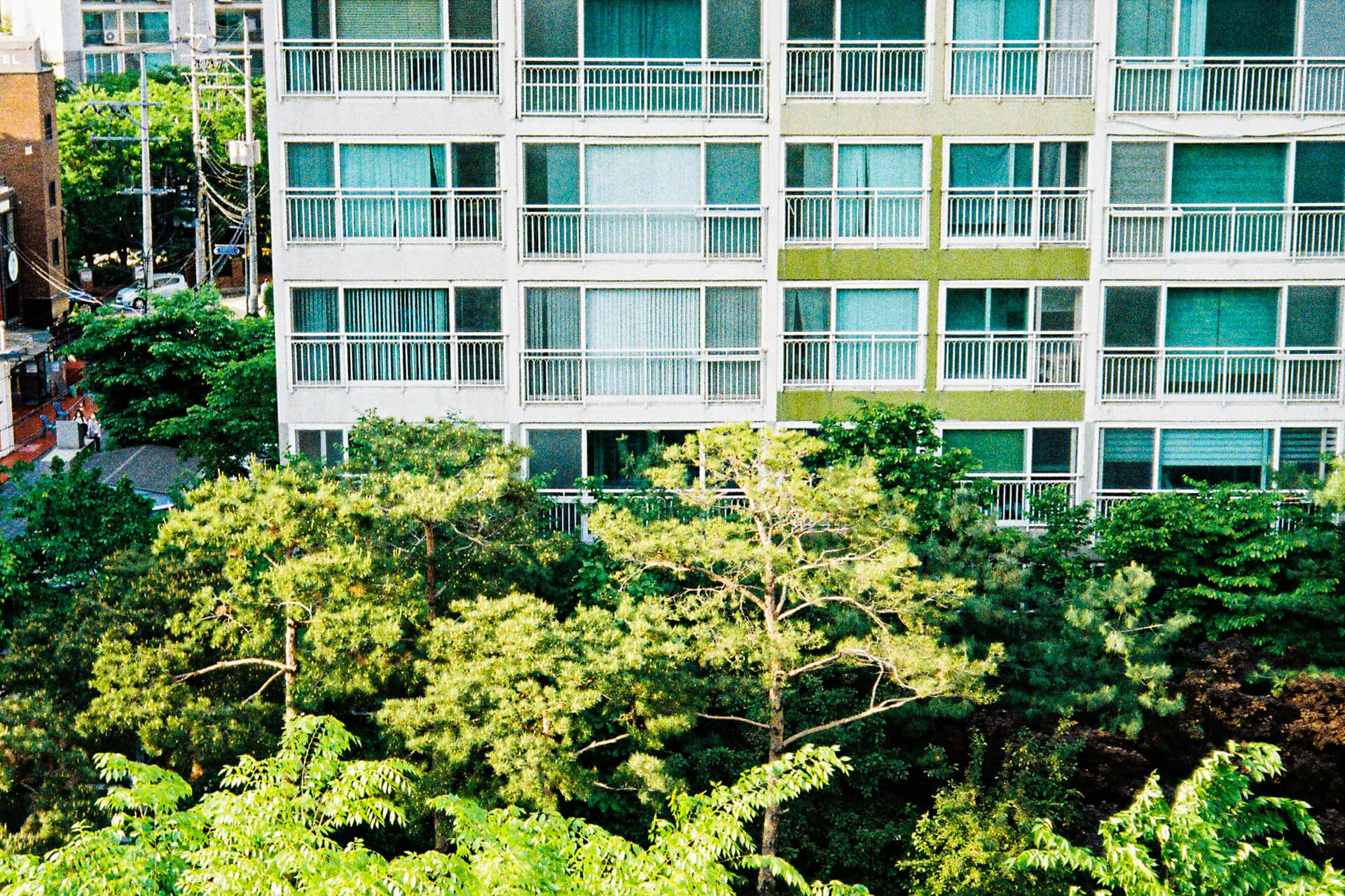
Understanding Nature in a Concrete World
It is possible to reacclimate to nature even if you live in a city your whole life. It requires patience and participation. Then, you will feel all the beautiful benefits of surrounding yourself in it. You’ll prioritize the planet’s well-being while improving your focus. Understanding nature increases the chance citizens in cities will advocate for more thoughtful, less destructive urbanization methods in the future — which is critical for a developing world.
Share on
Like what you read? Join other Environment.co readers!
Get the latest updates on our planet by subscribing to the Environment.co newsletter!
About the author
Jane Marsh
Starting from an early age, Jane Marsh loved all animals and became a budding environmentalist. Now, Jane works as the Editor-in-Chief of Environment.co where she covers topics related to climate policy, renewable energy, the food industry, and more.


